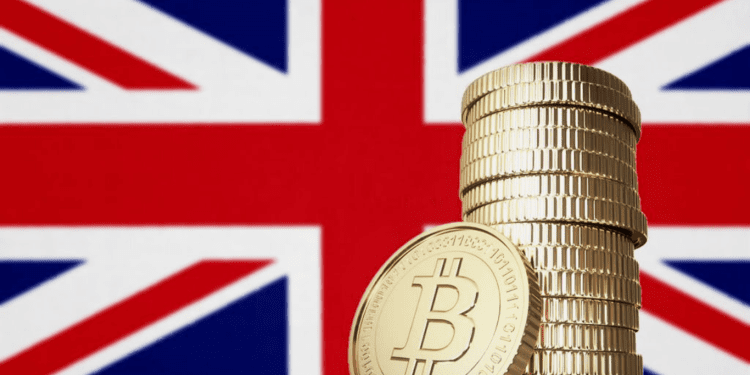- The United Kingdom is set to break ground, treating cryptocurrencies and NFTs as unique personal property, reflecting on the rising influence of digital assets in the global economy.
- The Law Commission proposes a new classification for digital assets, digital objects,” in an effort to adapt the traditional legal framework to the digital age.
- The recommendations include the formation of an expert panel to guide courts on digital asset-related legalities, aiming to provide a robust legal structure and promote the UK as a leading technological hub.
As the digital asset landscape expands, the United Kingdom is gearing up to position itself at the forefront. In a groundbreaking proposal by the Law Commission, an autonomous body, digital commodities such as cryptocurrencies and non-fungible tokens (NFTs) are being encouraged to be viewed as a unique type of personal property, apart from the conventional classifications.
Currently, personal property is divided into “things in possession” (physical assets like gold) and “things in action” (intangibles like shares or debts). Yet, the rising influence of digital commodities necessitates the creation of an additional category termed “digital objects”.
The proposal is an outcome of a research prompted by the former finance minister and current Prime Minister, Rishi Sunak, in April 2022. His vision is to shape Britain into an international epicenter for flourishing digital asset technologies.
The Law Commission’s report suggests the need for a specialized panel to help courts navigate the intricate legal questions surrounding digital commodities, underscoring the complexity of the matter at hand.
Sarah Green, a commissioner for commercial and common law at the Law Commission, underlined the growing significance and application of digital commodities. She stated that England and Wales, thanks to their adaptable common law system, are aptly prepared to adjust to this swift progression.
Apart from recognizing digital assets, the Law Commission advised the drafting of a targeted legal structure to manage collateral arrangements concerning digital assets. This move would add legal clarity to such arrangements, a demand eagerly voiced by the industry.
In reaction to these suggestions, Adam Sanitt, knowledge director at Norton Rose Fulbright, predicted that the measures would provide greater assurance to digital asset owners and contribute towards the government’s goal of making the U.K. a technological hotspot. He stated that many in the industry would find these recommendations comforting.
UK Embarks on Phased Crypto Regulation Journey
The UK government has voiced its intention to systematize cryptocurrency rules, revealing a staged approach towards implementation. The first phase, the debut of new Financial Services legislation, is a testament to this commitment. An autonomous UK legal entity has further proposed the inclusion of crypto assets under UK law by establishing a novel category of personal property for digital assets.
The Financial Conduct Authority (FCA) has furthered its efforts by setting out fresh guidelines for the marketing of crypto assets to UK consumers, including a ‘cooling-off’ period for novice investors effective from October 2023.
Simultaneously, global financial watchdogs have advised the UK to treat cryptocurrencies like conventional assets such as stocks and bonds. Earlier in February, the British government had proposed plans to regulate crypto assets and opened its recommendations for public consultation. This moves the UK towards comprehensive regulation, aiming to shield consumers and stimulate economic growth.














